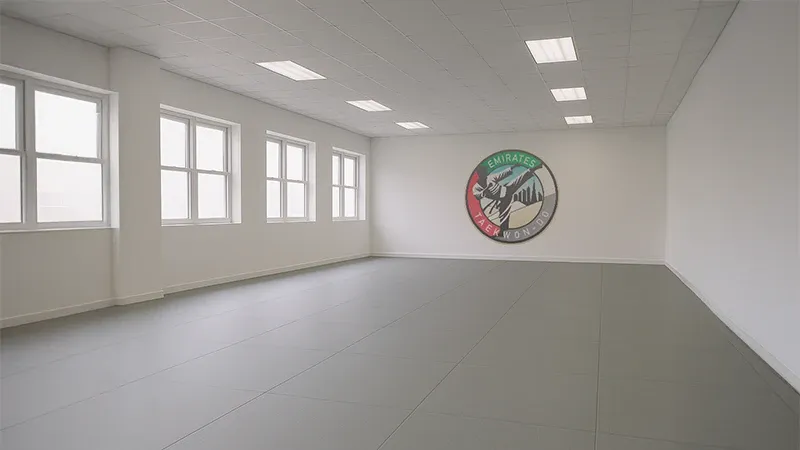
The Meaning of Do Jang Etiquette
The do jang is more than just a place to train—it’s a space for discipline, respect, and self-improvement. Etiquette is the shared language of respect that ensures harmony between instructors, students, and visitors.
“The success of training depends not only on skill, but also on the courtesy and discipline shown within the dojang.” — Gen. Choi Hong Hi
Preparing for Training
• Arrive early (at least 10 minutes before class).
• Ensure your do bok is clean, ironed, and your belt is tied correctly.
• Keep nails trimmed and remove jewelry; use deodorant if appropriate.
• Inform the instructor of any injuries or health concerns before class.
“Cleanliness and preparation are marks of respect to your instructor and to Taekwon-Do itself.” — ITF Syllabus Handbook
Entering the Do Jang
• Bow before entering or leaving.
• Allow seniors or adults to enter first.
• Remove footwear and store belongings neatly.
• If late, wait at the side in attention stance until acknowledged by the instructor.
“A bow is not just formality—it is the expression of mutual respect between martial artists.” — Gen. Choi Hong Hi
Working with Others
• Treat everyone with courtesy, regardless of rank or age.
• Address instructors and seniors respectfully (“Sir,” “Ma’am,” or by title).
• Obey instructions promptly and without argument.
• When speaking in class, stand at attention and bow before and after.
“Courtesy is the oil that allows the machinery of the dojang to run smoothly.” — ITF Syllabus Handbook
Inside the Do Jang
• Keep the training area clean and organized.
• Help set up and store equipment.
• Avoid unnecessary noise or disruption.
• Ask permission before leaving the floor during class.
“Discipline is the bridge between goals and achievement.” — Jim Rohn
Actions to Avoid
• Do not eat, drink, or chew gum without permission.
• Do not wear your dobok outside of training or official events without approval.
• Never argue with an instructor or senior in class; resolve matters privately after.
“Respect is not only shown in what we do, but also in what we refrain from doing.” — Gen. Choi Hong Hi
